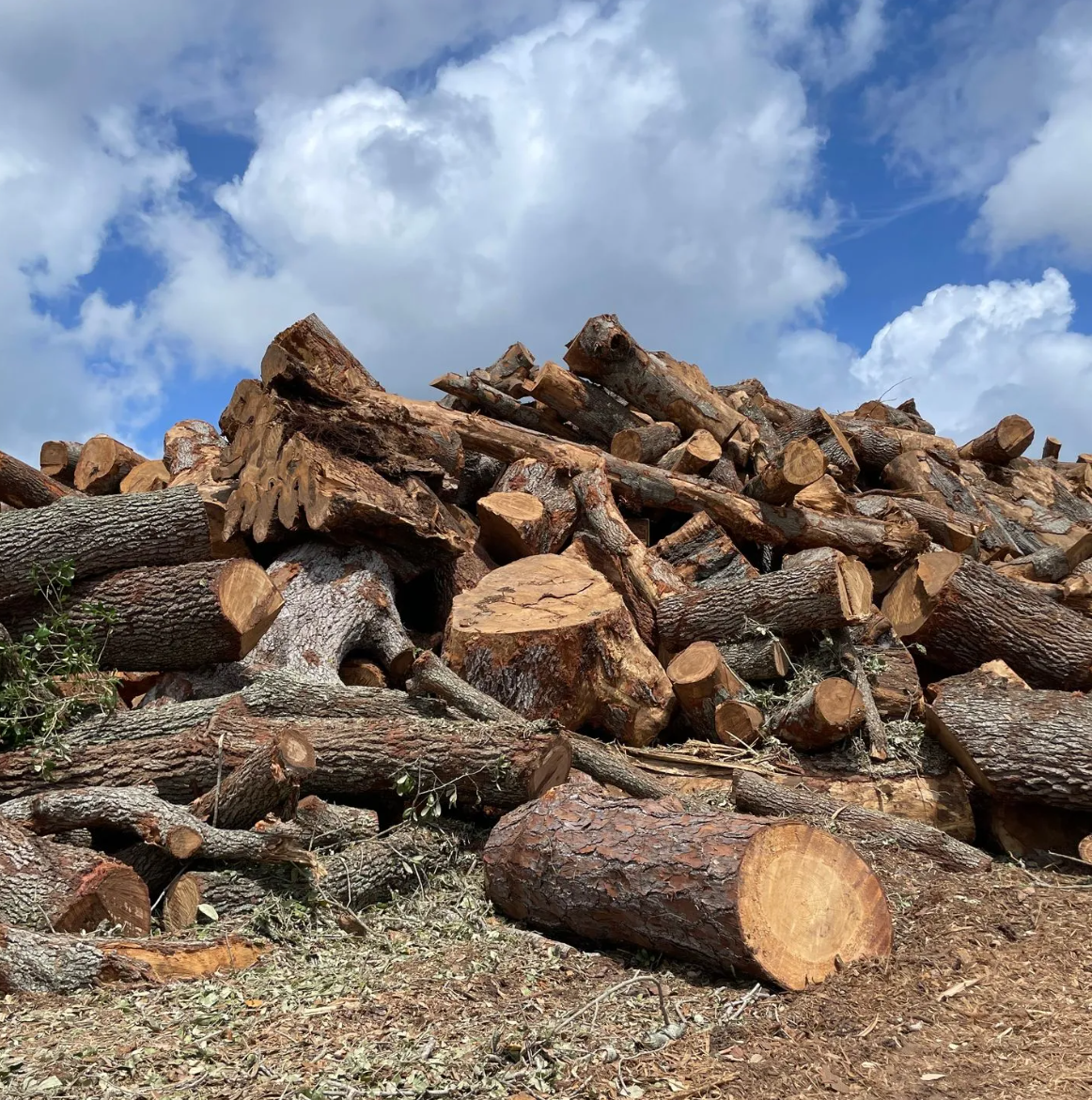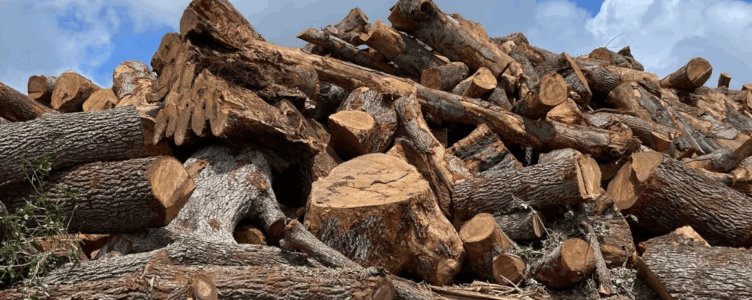How Forestry Experts Enhance Feedstock Sourcing for Biomethanol Plants
Biomethanol, a renewable alternative to fossil fuels, holds immense promise for creating a sustainable energy future. Its production relies heavily on biomass, particularly forestry wood, as a key feedstock. However, sourcing this biomass responsibly, efficiently, and sustainably is a complex challenge that requires specialized knowledge. Forestry experts bring unparalleled value to this process, ensuring environmental stewardship, regulatory compliance, and operational optimization. This article explores how leveraging forestry expertise can transform the sourcing of forestry wood for biomethanol production, ultimately strengthening supply chains and advancing the global transition to clean energy.
The Role of Forestry Wood in Biomethanol Production
Forestry wood serves as a lignocellulosic biomass feedstock in biomethanol production. It is valued for its abundance, energy density, and renewability. Biomethanol plants convert this wood into methanol through thermochemical processes, such as gasification, which break down complex organic matter into simpler chemical compounds.
The use of forestry wood as a feedstock offers several advantages:
- Abundance: Forestry residues, such as branches, bark, and sawdust, are often underutilized and readily available.
- Carbon Neutrality: Biomethanol derived from forestry wood can achieve near-zero net carbon emissions, as the carbon dioxide absorbed during tree growth offsets the emissions from fuel use.
- Waste Reduction: Utilizing forestry residues minimizes waste and adds value to by-products of logging and sawmill operations.
However, ensuring the sustainability and efficiency of this feedstock requires a deep understanding of forestry practices, ecosystem dynamics, and supply chain logistics—areas where forestry experts excel.
Benefits of Engaging Forestry Experts
Forestry professionals bring a wealth of knowledge and experience that enhances every aspect of biomass sourcing. Their contributions can be categorized into several key areas:
1. Optimizing Feedstock Selection
Forestry experts possess the skills to evaluate various types of forestry wood and determine their suitability for biomethanol production. This optimization not only maximizes feedstock efficiency but also reduces processing costs.
Consider the following ways in which forestry professionals improve feedstock selection:
- Species Assessment: They analyze tree species to identify those with the highest lignocellulosic content suitable for methanol conversion.
- Moisture and Fiber Quality: Forestry specialists assess moisture levels and fiber composition, both of which influence processing efficiency and yield.
- Utilization of Residues: By repurposing unused materials like sawmill by-products and forest slash, they ensure sustainable resource utilization.
2. Ensuring Sustainable Resource Management
Sustainability is at the heart of biomethanol production. Engaging forestry experts ensures that feedstock sourcing aligns with conservation principles and meets sustainability standards.
Here’s how forestry specialists promote responsible resource management:
- Preventing Deforestation: They advocate for selective harvesting and sustainable forestry practices that maintain forest ecosystems.
- Biodiversity Conservation: Experts ensure that biomass collection does not disturb wildlife habitats or disrupt ecological balance.
- Waste Utilization: They prioritize the use of residues over harvesting new trees, reducing environmental impact.
Additionally, forestry professionals can guide biomethanol producers in obtaining sustainability certifications, such as FSC (Forest Stewardship Council) or PEFC (Programme for the Endorsement of Forest Certification). These certifications not only demonstrate environmental responsibility but also enhance market credibility.
3. Strengthening Supply Chain Stability
A stable and resilient supply chain is crucial for the success of any biomethanol plant. Forestry experts play a vital role in ensuring consistent feedstock availability through strategic planning and local partnerships.
Their contributions include:
- Local Sourcing Networks: Forestry professionals connect biomethanol producers with sawmills, logging operations, and other biomass suppliers, ensuring a steady supply.
- Long-Term Agreements: They negotiate procurement contracts that reduce dependency on volatile markets and stabilize costs.
- Transportation Optimization: Experts identify ways to minimize transportation distances, lowering logistics expenses and carbon emissions.
By building robust supply chains, forestry specialists help biomethanol plants mitigate risks associated with geopolitical instability and market fluctuations.
4. Navigating Regulatory Compliance and Policy Incentives
The regulatory landscape surrounding biomass extraction can be complex, with stringent environmental laws and sustainability standards. Forestry experts are well-versed in navigating these regulations, ensuring seamless compliance and unlocking financial benefits.
Here’s how their expertise proves invaluable:
- Environmental Compliance: Forestry professionals prevent legal issues by adhering to laws that combat illegal logging and habitat destruction.
- Certification Standards: They ensure compliance with recognized sustainability certifications, enhancing the plant’s reputation.
- Government Incentives: By aligning operations with policy frameworks, forestry experts help biomethanol producers access subsidies, grants, or tax breaks that favor responsibly sourced biomass.
This regulatory alignment not only ensures smooth operations but also enhances the plant’s financial viability.
5. Driving Innovation in Biomass Utilization
Forestry expertise is not limited to traditional practices; it also drives innovation in how biomass is sourced and utilized. By collaborating with researchers and technologists, forestry professionals help biomethanol plants stay at the forefront of sustainable fuel production.
Innovative contributions include:
- Exploring Emerging Feedstocks: Forestry experts identify new feedstock options, such as fast-growing short-rotation woody crops, to diversify resource bases.
- Improving Blending Strategies: They optimize the combination of various biomass sources to achieve higher yields and cost-efficiency.
- Enhancing Carbon Sequestration: By integrating forestry management with climate strategies, they maximize the carbon sequestration potential of forests.
Through these advancements, forestry specialist’s position biomethanol plants as leaders in the renewable energy sector.
Conclusion
Forestry experts are indispensable allies on the journey toward sustainable biomethanol production. Their knowledge and skills ensure responsible feedstock sourcing, strengthen supply chain resilience, and drive innovation in biomass utilization. By engaging these specialists, biomethanol producers can achieve their environmental and operational goals while contributing to broader climate and sustainability objectives.
The path to a cleaner, greener future relies on collaboration, expertise, and a commitment to sustainability. Leveraging the insights of forestry professionals is a crucial step in this direction, paving the way for a resilient energy ecosystem and a healthier planet.


